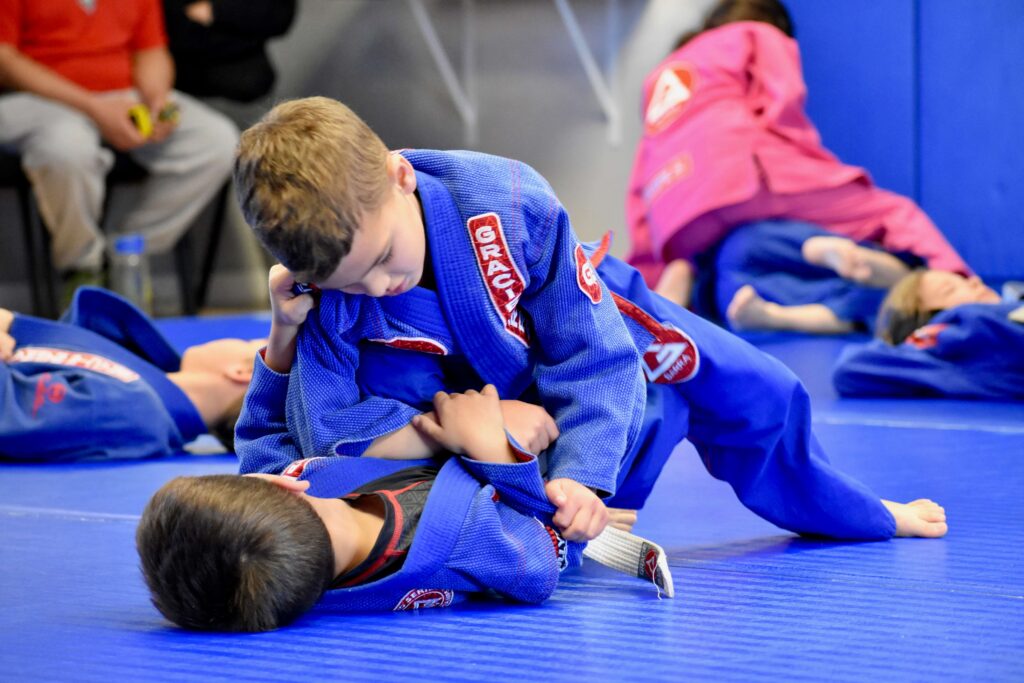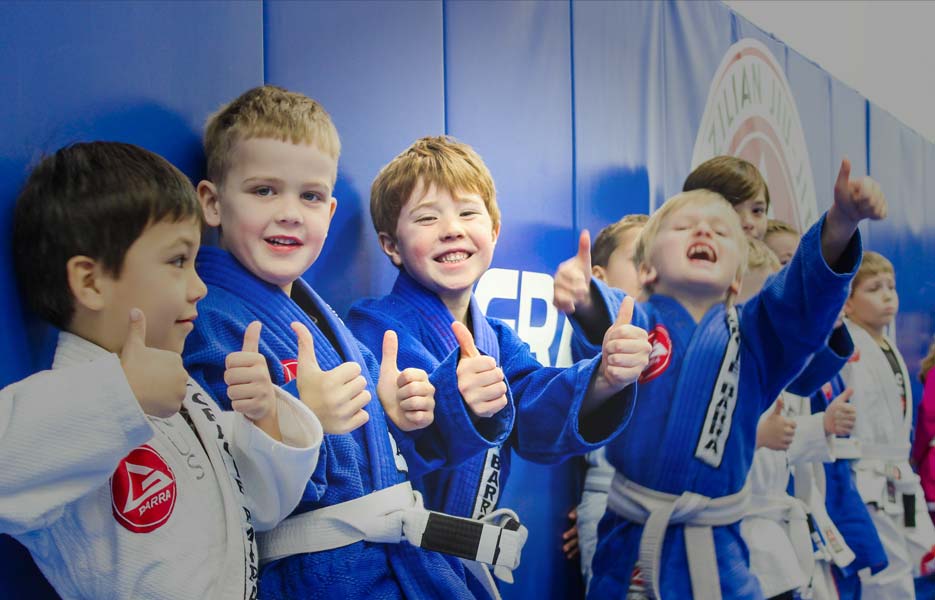Bullying is a concerning reality, and Jiu-Jitsu stands out as a powerful tool in preventing this phenomenon. Let’s explore how this martial art not only strengthens physically but also transforms mentally, contributing to the creation of a culture of respect and empathy.

Self-Discovery and Self-Control:
Jiu-Jitsu is a journey of self-discovery. Facing challenges on the mat, practitioners learn to control emotions and impulsive reactions. This self-discipline is crucial for resisting bullying, as it promotes a resilient mindset.
Building Positive Relationships:
The collaborative environment of Jiu-Jitsu promotes healthy relationships. Training partnerships, knowledge exchange, and mutual support contribute to creating positive bonds, essential for warding off isolation and preventing bullying.
Empathy and Respect:
Consistent Jiu-Jitsu practice cultivates empathy. Experiencing the overcoming of challenges, practitioners develop a deep respect for others’ efforts, contributing to the creation of an environment where tolerance prevails over aggression.
Development of Emotional Intelligence:
Resolving challenging situations on the mat promotes the development of emotional intelligence. This skill is crucial in preventing bullying, empowering practitioners to constructively handle their own emotions and those of others.
Promotion of Self-Esteem:
Overcoming obstacles in Jiu-Jitsu boosts self-esteem. The confidence gained in physical and mental abilities helps practitioners see themselves as capable, reducing vulnerability to potential aggressors.
In short:
Jiu-Jitsu goes beyond being a sport; it is a tool for personal transformation. By strengthening the body, cultivating the mind, and promoting values such as respect, empathy, and self-control, Jiu-Jitsu stands as a powerful strategy in bullying prevention. By investing in the holistic development of practitioners, we foster a culture of resilience and compassion, where bullying meets resistance, and personal transformation flourishes.



